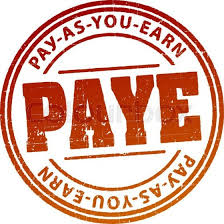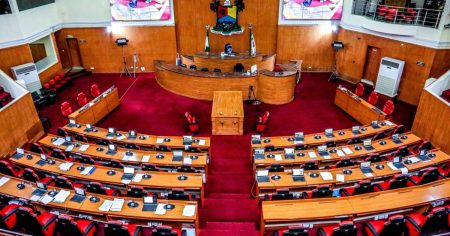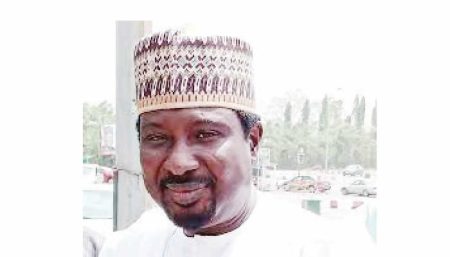The Burden of High Income Taxes on Federal Government Workers in Nigeria
Nigerian civil servants have voiced their growing frustration over the significant portion of their salaries deducted monthly as Pay As You Earn (PAYE) taxes. This discontent stems from the perceived imbalance between the high tax burden and the prevailing economic realities in the country, characterized by rising inflation and a stagnant minimum wage. Civil servants argue that the substantial tax deductions erode their purchasing power, making it increasingly difficult to cope with the escalating cost of living. This sentiment is echoed across various pay grades, with even mid-level officers expressing concern over the proportion of their salaries lost to taxes. The prevailing view among these workers is that the government’s fiscal policies, including the fuel subsidy removal and the naira float, have disproportionately impacted their financial well-being, compounding the strain of the already high tax burden. They contend that the lack of commensurate improvement in public services and infrastructure further underscores the injustice of the current tax regime.
The complaints from civil servants highlight a perceived disconnect between the government’s taxation policies and its responsibility to provide essential services. Workers argue that they bear the brunt of providing basic necessities like security, electricity, and water, raising questions about the justification for such high taxes. This perspective resonates with broader concerns about accountability and transparency in the management of national resources. Dr. Akinwumi Adesina, President of the African Development Bank, has emphasized the need for greater government responsiveness to the needs of the people, arguing that citizens should not be burdened with both high taxes and the responsibility of providing basic services that should ideally be provided by the government. He advocates for a system where tax payments translate into tangible improvements in public services and infrastructure, drawing parallels with Scandinavian countries where a strong social safety net is funded by robust tax revenue.
The current situation underscores a systemic issue within Nigeria’s tax system. The existing personal income tax structure, which requires all Nigerian residents aged 18 and above earning income from Nigerian sources to file tax returns, encompasses salaried employees, self-employed individuals, and those with diverse income streams. However, the lack of regular review of the tax brackets and rates, particularly in the face of high inflation, has resulted in what is termed "fiscal drag." This phenomenon pushes low-income earners into higher tax brackets, effectively subjecting them to the same marginal tax rates as high-income earners, thereby rendering the system regressive rather than progressive. This anomaly has led to a situation where individuals earning modest salaries face disproportionately high tax burdens compared to their wealthier counterparts.
In response to these concerns, Taiwo Oyedele, Chairman of the Presidential Advisory Committee on Fiscal Policy and Tax Reform, has indicated that proposed tax reform bills aim to address these issues. The proposed reforms are expected to provide relief for lower and middle-income earners, with individuals earning up to N1.7 million per month projected to pay lower PAYE taxes. Additionally, workers earning the new minimum wage of N70,000 and slightly above would be fully exempted from tax obligations. These adjustments are anticipated to benefit over 90% of workers in both the public and private sectors, signifying a significant shift in the tax burden towards higher-income earners. The proposed reforms also aim to mitigate arbitrage between different income tax regimes and address the regressive nature of the current tax table, which has remained unchanged since 2011.
The core of the proposed reforms lies in restructuring the personal income tax brackets and rates. The objective is to create a more progressive system where higher-income earners contribute a larger percentage of their income in taxes. Specifically, the reforms propose a progressive increase in tax rates for high-income earners, reaching up to 25% for ultra-high net worth individuals. This restructuring is intended to rectify the current situation where low and middle-income earners bear a disproportionate tax burden compared to their wealthier counterparts. The reforms represent a significant step towards aligning Nigeria’s tax system with principles of fairness and progressivity.
The proposed tax reforms signal a potential shift in Nigeria’s fiscal landscape. By addressing the concerns of civil servants and implementing a more progressive tax system, the government aims to create a fairer and more equitable distribution of the tax burden. While the success of these reforms hinges on effective implementation and ongoing monitoring, they represent a crucial step towards building a more sustainable and inclusive tax system. This, in turn, can contribute to greater economic stability and improved public services, addressing the fundamental concerns raised by civil servants regarding the current tax regime. The reforms also underscore the importance of regular review and adaptation of tax policies to reflect changing economic realities and ensure that the tax system remains fair and effective.














